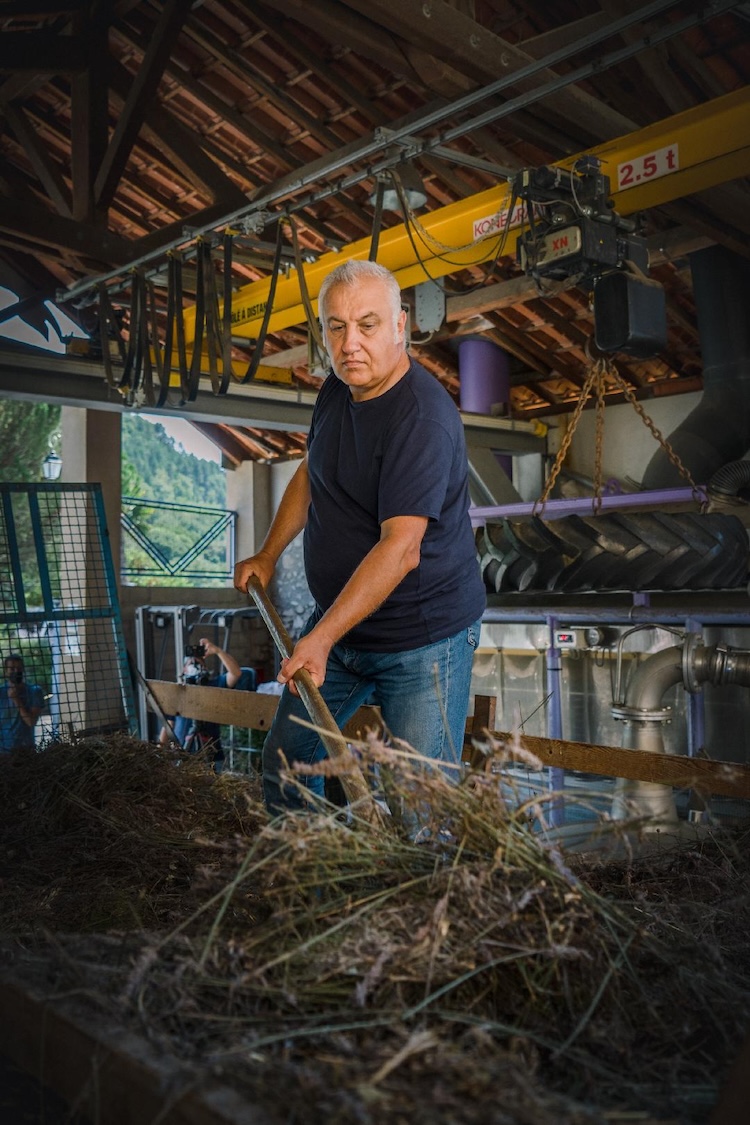Natural Lavender Essential Oil Not on Europe’s List of Endocrine Disruptors
An endocrine disruptor, as defined by the World Health Organization, is a chemical substance capable of interfering with the endocrine system, which regulates various organ functions through hormones. Through this interference, endocrine disruptors may harm the body.
Although lavender has been traditionally valued for its numerous benefits, a 2007 American study raised concerns about its potential to act as an endocrine disruptor. In response, European legislators initiated a thorough investigation under the REACH legislation, focusing on chemical substances, both natural and synthetic.
A working group was established within the lavender industry in France, with active participation from Philippe Soguel, a partner at Proscien and the owner of Distillerie Bleu Provence in Nyons. Lavender consists of over 600 constituents, making it challenging to test comprehensively. The commission proposed testing individual components separately, with the identification of any endocrine disruptor among them potentially classifying all lavender as such.
However, a 2020 review by Hawkins, Hires, Dune et al. expanded upon the 2007 study’s data. Involving 550 patients over several years, it concluded that there is no causal relationship between lavender and endocrine disruption. Additionally, the industry working group clarified that the implicated products were not essential oils.
The hPlacentox test, developed by the CNRS-CiTCoM laboratory and endorsed by the European Union, demonstrated lavender essential oil’s hormone-modulating capacity without harmful effects. Moreover, it highlighted variations in toxicity profiles when considering individual components versus the oil as a whole, challenging the toxicological approach to isolated constituents.
Consequently, the European Commission introduced an exemption, known as the MOCS rule, for essential oils. This exemption allows for the reliance on data obtained from tests conducted on the complete essential oil, rather than obligating reliance on results from specific constituents.
This case underscores the importance of scientific rigor when presenting factual information and the necessity of caution when disseminating external findings.
Natural lavender essential oil produced by Distillerie Bleu Provence is available in a fat-encapsulated form as ProSenteur® Lavender, by Proscien.
